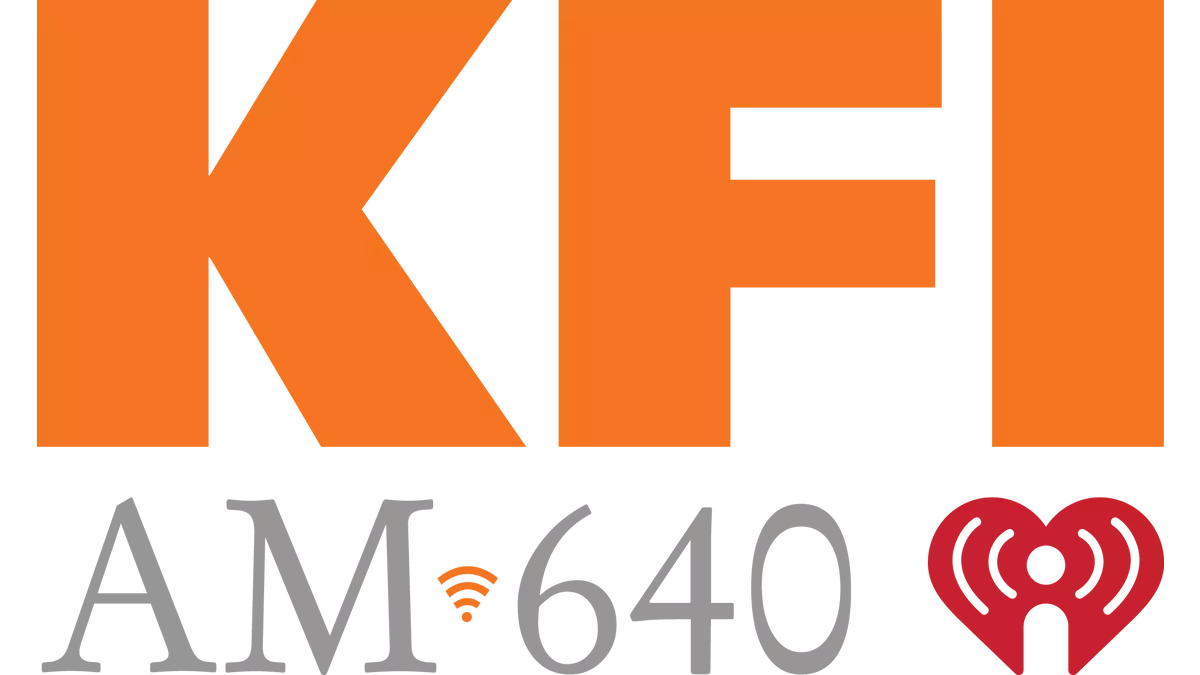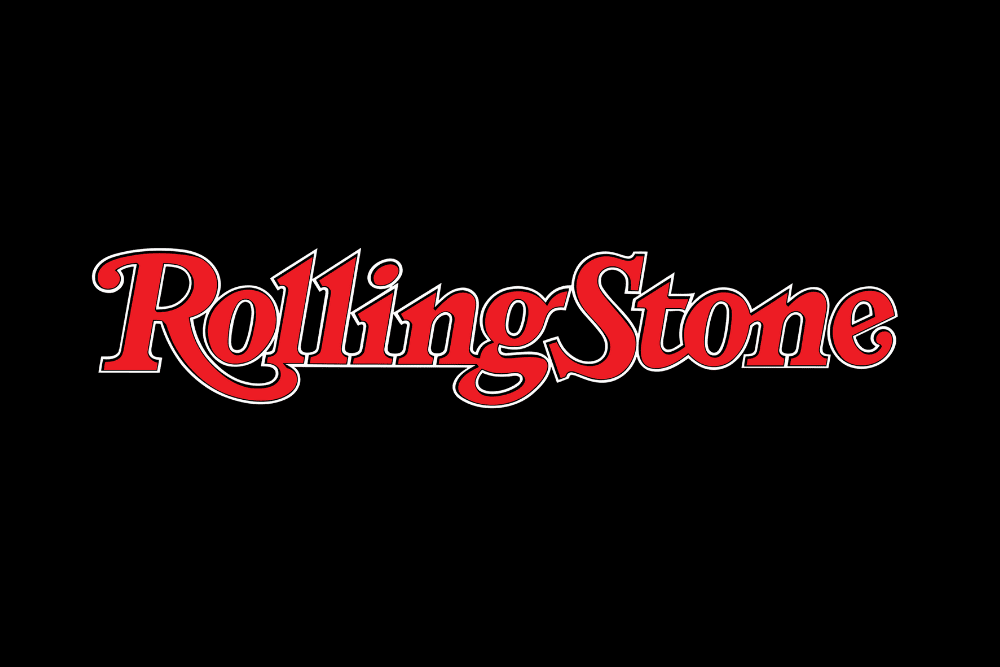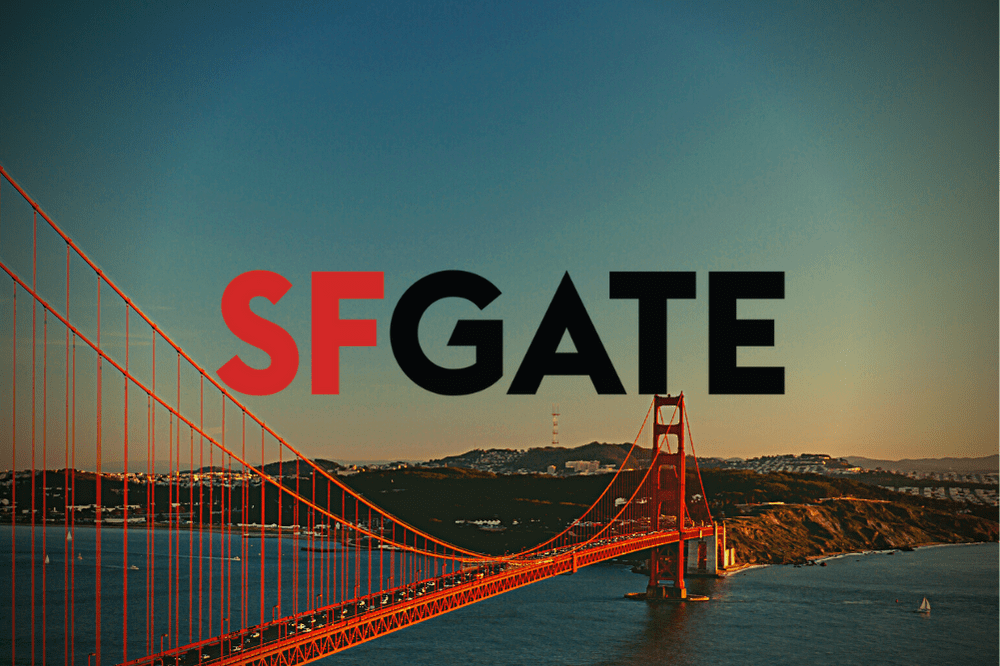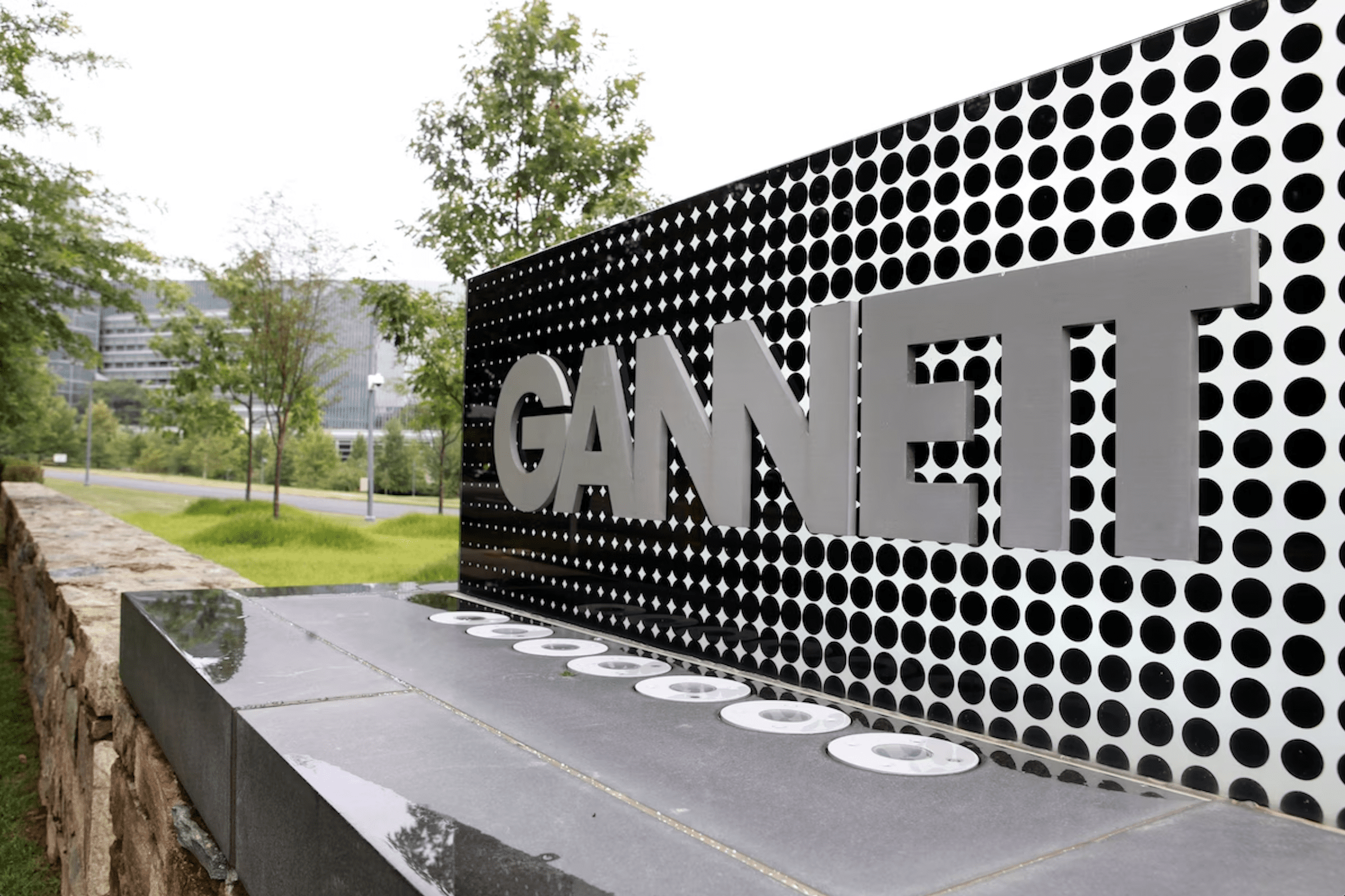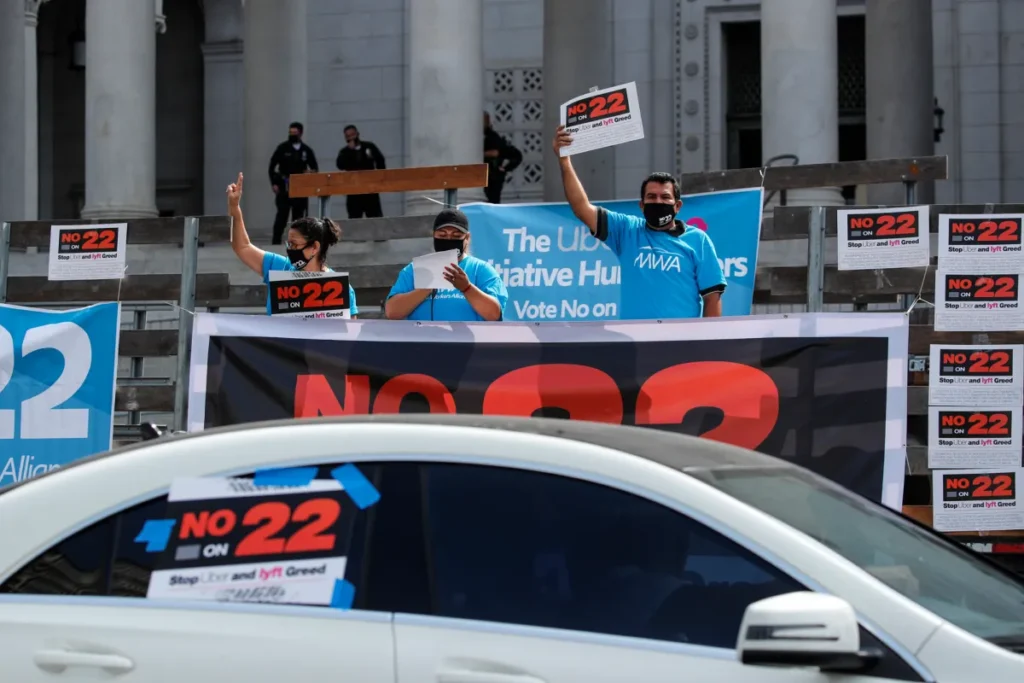
Quick Summary: Are App-Based Drivers Independent
Contractors?
Yes—but only if strict legal conditions are met. Under California Proposition 22, companies like Uber, DoorDash, and Grubhub can classify drivers as independent contractors rather than employees—if they avoid controlling work hours, requiring job acceptance, or restricting drivers from working elsewhere.
The Legal Landscape: Prop 22, AB 5, and Ongoing Enforcement
Prop 22 was enacted in 2020 as a response to Assembly Bill 5 (AB 5), which tightened restrictions around classifying workers as independent contractors. While Prop 22 is currently in effect, its constitutionality has been challenged in Castellanos v. State of California (2023) and is now under review by the California Supreme Court. Legal enforcement continues across California:
– In April 2025, San Francisco City Attorney David Chiu sued a last-mile delivery company for misclassifying drivers.
– In January 2025, Chiu secured another judgment against a staffing firm for similar labor law violations.
– A 2025 CalMatters investigation revealed Uber and Lyft may owe billions in back wages for misclassification prior to Prop 22
What Makes a Driver an Independent Contractor Under Prop 22?
Under Cal. Bus. & Prof. Code § 7451, app-based drivers must:
– Not have set work hours.
– Not be required to accept specific jobs.
– Not be restricted from working for other companies (except during engaged time).
– Not be prohibited from pursuing other lawful work
What Benefits Must Companies Provide Under Prop 22?
Prop 22 mandates certain benefits for independent contractors:
– Minimum earnings (120% of minimum wage + $0.30/mile).
– Healthcare subsidies (41%–82% depending on hours worked).
– Occupational accident insurance (minimum $1 million coverage).
– Disability pay (66% of average wages for up to 104 weeks).
– Death benefits for dependents
Beyond California: National Trends in Worker Reclassification
Nationally, courts and regulators are reclassifying gig workers as employees:
– Wisconsin Amazon Flex drivers won the right to unemployment insurance.
– National advocacy from groups like the National Employment Law Project
supports employee classification for better protections.
What This Means for Drivers and Employers in California
Drivers may be missing out on proper pay or protections. Businesses risk lawsuits and penalties for misclassification, as seen in Lawson v. Grubhub, Inc. (2021), where Prop 22 could not retroactively void past claims.
Contact MSD Lawyers for a Free Consultation
At MSD Lawyers, we assist drivers, gig workers, and businesses with California labor law compliance and litigation.





